
Betty takes the plunge
The motivation behind violence directed at GLBTIQ people — or those perceived to be — includes homophobic or transphobic attitudes and beliefs.
But what’s going on when that abuse, harassment, bullying or violence comes from within our own communities and friendship networks?
At Camp Betty over the June long weekend some challenging ‘community’ discussions set out to explore these issues.
Some of the key questions raised included:
How best to respond to people in our own communities who harass, abuse or bully us or others we know?
How can we help those who bully or harass to stop?
How can we (as bystanders) challenge abusive behaviour? Who might support us if we do, and to what degree is it our responsibility to do so?
What does a GLBTIQ community culture of care, respect or safety look like and is it a realistic goal?
When might we seek support from services or the police?
As with domestic violence, abuse or bullying within our friendship or community networks can be hard to clearly name, talk about or deal with. Sometimes we just don’t want to acknowledge it’s there, so it’s encouraging to see community discussion beginning to happen.
Our communities are unique and important and we want them to be as safe as possible. This includes being free from harassment in cyber spaces, from sexual racism at venues, from overt exclusion based on disability or body type, or from unwanted physical contact at parties.
Violence is not uncommon in oppressed communities and is often generated from internalised feelings such as frustration, anger, grief, trauma, shame, pain or rage. This can result in abusive behaviour such as putdowns, blaming, harassment or bullying. Being GLBTIQ doesn’t make one immune from behaving badly.
The Camp Betty conversation reflects a deep community need — and a growing will — to tackle these difficult issues.
ACON’s Anti-Violence Project (AVP) supports people affected by harassment, abuse and violence. We work to prevent it from happening and contribute to building and maintaining safe community environments.
For information and support, or to make a report, contact the AVP on avp@acon.org.au or 02 9206 2116 or 1800 063 060.
Police Assistance line: 131 444 or, in an emergency, call 000.
info: Robert Knapman is AVP coordinator.




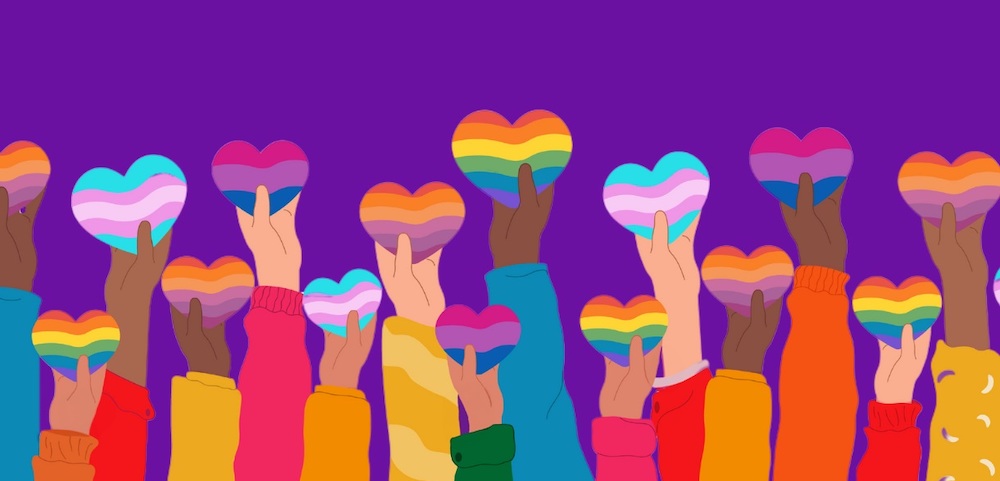
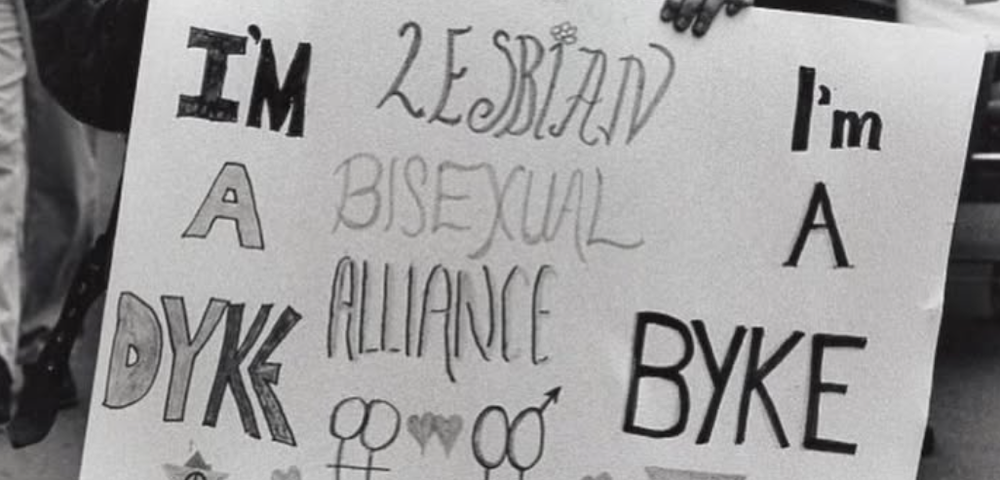
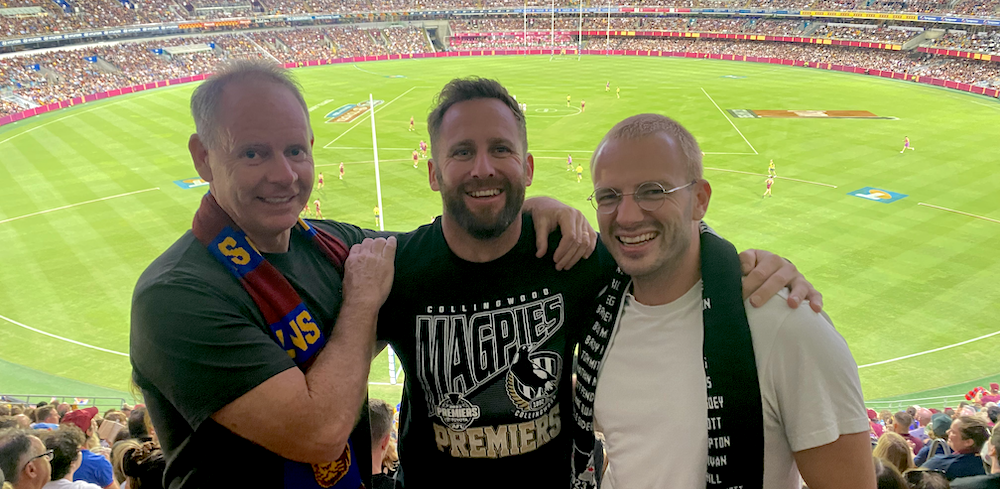
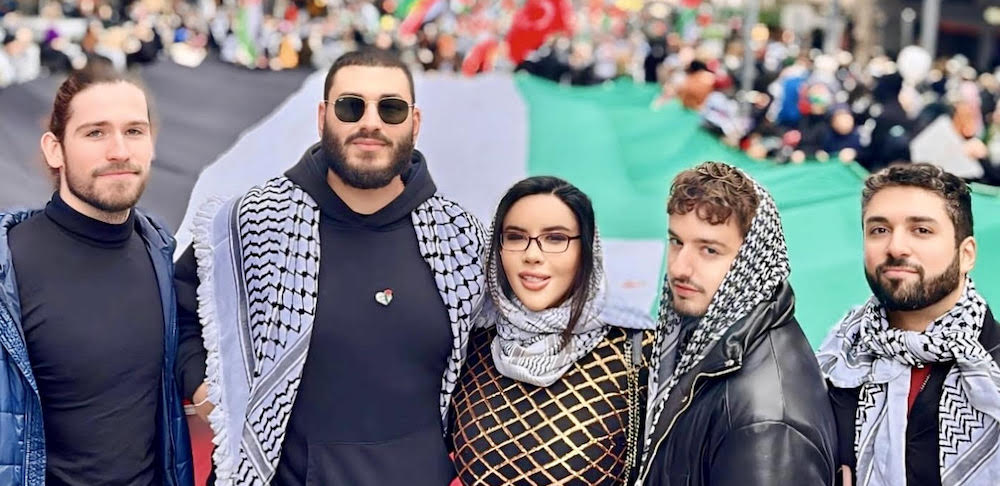
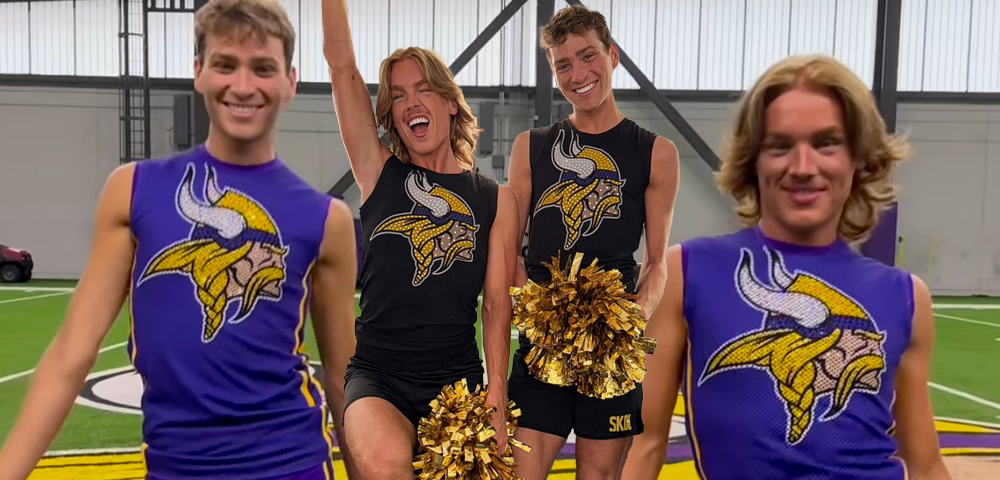

not all who attended the Camp Betty Event were treated with dignity, I was badly treated, humiliated and thus far have had no apology or expect one. I wont pursue this as my life is all about finding a home atm however I wont forget what one of the participants and the Camp Betty Collective put me through.I am a member of this diverse community yet I was single out and left to make unreasonable choices due to gaping holes in the CB P&P. From where I am standing CB treated me in a way that corresponds with the reasons CB exists in the first place. The difficult issues? You have done nothing to resolve this. The people involved in this have tainted my opinion of the CBC. Many people know and are aware of this incident. Please endeavour to not make these mistakes in the future and especially not let such things get swept under the carpet without a reasonable response or an apology even.
“The Camp Betty conversation reflects a deep community need — and a growing will — to tackle these difficult issues”.